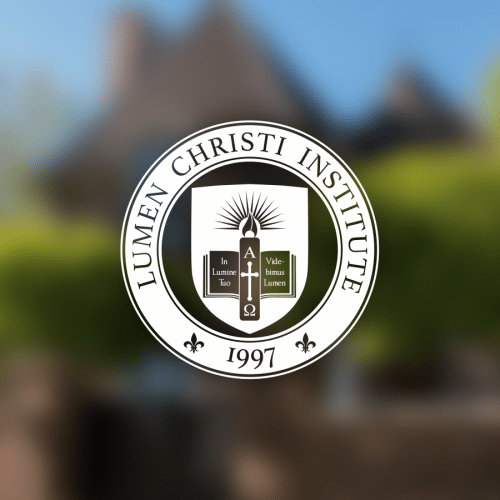A symposium on “The Life of Teresa of Ávila: A Biography”, by Carlos Eire, featuring Professors Carlos Eire (Yale University), Bernard McGinn (University of Chicago), Susan Schreiner (University of Chicago), and Keith Egan (Saint Mary’s College). October 24, 2019 The University of Chicago, Social Science Lecture Hall — Saint Teresa of Avila’s Life is among the most remarkable accounts ever written of the human encounter with the divine. The Life is not really an autobiography at all, but rather a confession written for inquisitors by a nun whose raptures and mystical claims had aroused suspicion. Despite its troubled origins, the book has had a profound impact on Christian spirituality for five centuries, attracting admiration from readers as diverse as mystics, philosophers, artists, psychoanalysts, and neurologists. How did a manuscript once kept under lock and key by the Spanish Inquisition become one of the most inspiring religious books of all time? In “The Life of Saint Teresa of Avila: A Biography” (Princeton University Press, 2019) National Book Award winner Carlos Eire tells the story of this incomparable spiritual masterpiece, examining its composition and reception in the sixteenth century, the various ways its mystical teachings have been interpreted and reinterpreted across time, and its enduring influence in our own secular age. This event was cosponsored by Martin Marty Center for the Public Understanding of Religion at the Divinity School, the Department of Romance Languages and Literatures at the University of Chicago, and the Medieval Studies Workshop. This program was made possible, in part, by a grant from the Our Sunday Visitor Institute.
